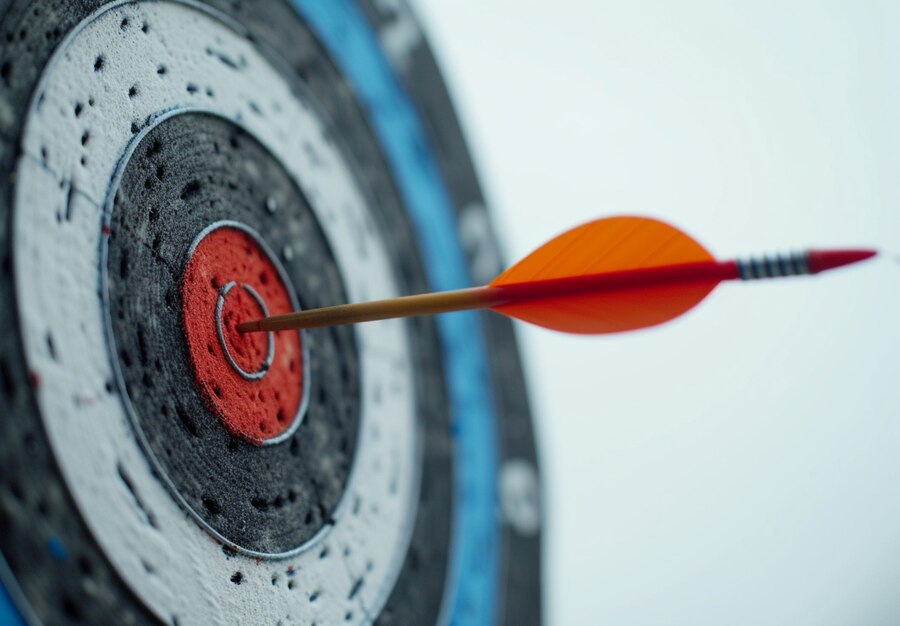Table of contents
In the world of sports, athletes are constantly striving to reach the pinnacle of human performance. The desire to be the best, to break records, and to bring glory to their teams often leads some athletes to take extreme measures. Among these measures are performance-enhancing drugs (PEDs), substances that promise to give athletes an edge over their competition. However, the use of these drugs has sparked a global debate about the ethics, consequences, and long-term effects on the integrity of sports.
This blog post will explore the controversy surrounding performance-enhancing drugs, examining the ethical implications, the health risks involved, and the broader consequences for athletes and the sports industry. We will also address some frequently asked questions to shed light on the complexities of this issue.
What Are Performance-Enhancing Drugs?
Performance-enhancing drugs are substances that athletes use to improve their physical and mental abilities in order to perform better in their respective sports. These drugs are often taken to increase strength, endurance, or concentration, enabling athletes to push the boundaries of their physical limits. While some performance enhancers are legal and part of a healthy training regimen, many others are banned by sports organizations due to their potential for abuse and unfair advantage.
The most common categories of performance-enhancing drugs include:
- Anabolic steroids: These synthetic substances mimic the effects of testosterone and promote muscle growth, increased strength, and faster recovery.
- Stimulants: Drugs like amphetamines and caffeine are used to boost alertness, focus, and energy levels.
- Human growth hormone (HGH): This hormone is used to promote tissue repair and muscle growth.
- Erythropoietin (EPO): This hormone increases the production of red blood cells, improving an athlete’s endurance by enhancing oxygen delivery to muscles.
While these drugs are sometimes seen as shortcuts to success, their usage can have serious ethical and physical consequences.
The Ethics of Performance-Enhancing Drugs in Sports
The question of whether performance-enhancing drugs should be allowed in sports is a hotly debated issue. On one hand, supporters argue that athletes should have the freedom to use any means necessary to improve their performance, especially if the drugs can help them recover from injuries or train more effectively. On the other hand, critics contend that using these substances undermines the integrity of sports and compromises the fairness of competition.
1. Fairness and Integrity
One of the primary ethical arguments against the use of performance-enhancing drugs is that they create an uneven playing field. Sports are meant to celebrate the natural human abilities of athletes, and when some athletes take PEDs, they gain an unfair advantage over those who compete without them. This compromises the fairness of competition and can make it difficult for fans to trust the authenticity of the results.
2. Health Risks and Consequences
The use of performance-enhancing drugs comes with significant health risks. Many of these substances, particularly anabolic steroids and EPO, can have severe long-term effects on an athlete’s body. These include cardiovascular problems, liver damage, infertility, and psychological effects like aggression and depression. Despite the dangers, some athletes choose to take these drugs in the pursuit of glory, unaware or dismissive of the potential consequences.
3. The Pressure to Perform
Another ethical concern is the immense pressure athletes face to succeed at the highest levels. This pressure often leads to a culture of “winning at all costs,” where athletes feel compelled to take drugs in order to remain competitive. This creates an environment where athletes may feel they have no choice but to use performance-enhancing drugs, even if they know the risks involved.
4. Role Models for Younger Generations
Athletes are often viewed as role models, and their actions can influence younger generations. The normalization of performance-enhancing drugs could send the wrong message to aspiring athletes, encouraging them to prioritize winning over personal health and fair play. This has led to growing concerns about the impact of PEDs on the future of sports, especially among youth athletes.
Consequences of Performance-Enhancing Drug Use
The consequences of using performance-enhancing drugs extend far beyond the individual athlete. At the professional level, drug scandals can tarnish the reputation of entire sports organizations and damage the trust that fans place in their athletes and teams.
1. Suspensions and Bans
Most professional sports leagues and governing bodies, including the International Olympic Committee (IOC) and World Anti-Doping Agency (WADA), have strict policies against performance-enhancing drugs. Athletes who are caught using PEDs face suspensions, fines, and even lifetime bans from their respective sports. This can end careers and leave athletes with damaged reputations, as well as financial hardships due to lost sponsorships and endorsements.
2. Loss of Sponsorships and Endorsements
In today’s sports industry, athletes often make as much—if not more—from endorsement deals as they do from their contracts. However, athletes who are caught using performance-enhancing drugs can lose lucrative sponsorships, as companies want to distance themselves from scandals. For example, in the case of Lance Armstrong, his sponsorship deals with major companies like Nike were quickly terminated after he was caught using PEDs during his Tour de France victories.
3. Damage to Public Trust
When high-profile athletes are caught using performance-enhancing drugs, it damages public trust in the integrity of the sport. Fans may begin to question whether the achievements of their favorite players are truly earned, or whether they were artificially inflated by drugs. This erodes the authenticity of the sport and undermines the loyalty of fans.
Alternatives to Performance-Enhancing Drugs
Given the ethical and health concerns surrounding performance-enhancing drugs, many athletes are turning to alternative methods of improving their performance. These alternatives are often more sustainable and safer, and they focus on enhancing natural abilities rather than artificially enhancing them.
1. Advanced Training Techniques
Modern training techniques, including strength training, plyometrics, and high-intensity interval training (HIIT), can help athletes improve their performance without resorting to PEDs. These training methods focus on building endurance, strength, and agility through natural means.
2. Nutrition and Supplements
Nutrition plays a critical role in an athlete’s performance. Eating a well-balanced diet that includes a variety of nutrients helps to optimize energy levels, muscle recovery, and overall health. Additionally, supplements such as protein powders, creatine, and BCAAs (branched-chain amino acids) can enhance athletic performance safely and naturally.
3. Recovery and Rest
Adequate rest and recovery are essential for any athlete’s success. Many athletes are now prioritizing rest, sleep, and recovery therapies like massage, physiotherapy, and cryotherapy to prevent injuries and improve performance over time.
Frequently Asked Questions (FAQ)

Performance-enhancing drugs (PEDs) are substances used by athletes to improve their physical or mental capabilities, often for the purpose of enhancing athletic performance. Common examples include anabolic steroids, stimulants, and human growth hormone (HGH).
Yes, most sports organizations, including the International Olympic Committee (IOC) and the World Anti-Doping Agency (WADA), have banned the use of performance-enhancing drugs due to their potential for unfair advantage and serious health risks.
The health risks of PEDs can be severe and include cardiovascular problems, liver damage, infertility, psychological effects like aggression and depression, and other long-term health complications.
Athletes may use performance-enhancing drugs in order to improve strength, endurance, recovery time, and concentration. The intense pressure to succeed and compete at the highest level often leads athletes to resort to these substances.
Athletes can improve their performance through advanced training techniques, proper nutrition, recovery strategies, and the use of legal supplements like protein powders or creatine. These methods enhance performance safely and naturally.
Conclusion
The debate over performance-enhancing drugs in sports is far from simple. While some argue for their legalization and regulation, others believe that their use compromises the integrity of sport and the health of athletes. What remains clear is that the consequences of using PEDs are far-reaching, affecting not only the individual athlete but also the sport, the fans, and the broader community. As we continue to explore alternatives and advocate for fair play, it is essential that athletes and fans alike remain committed to preserving the integrity of sport through ethical means.




